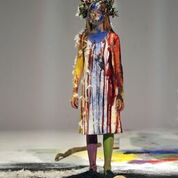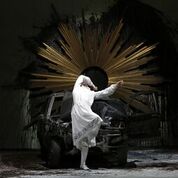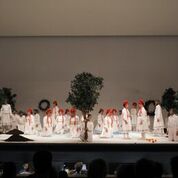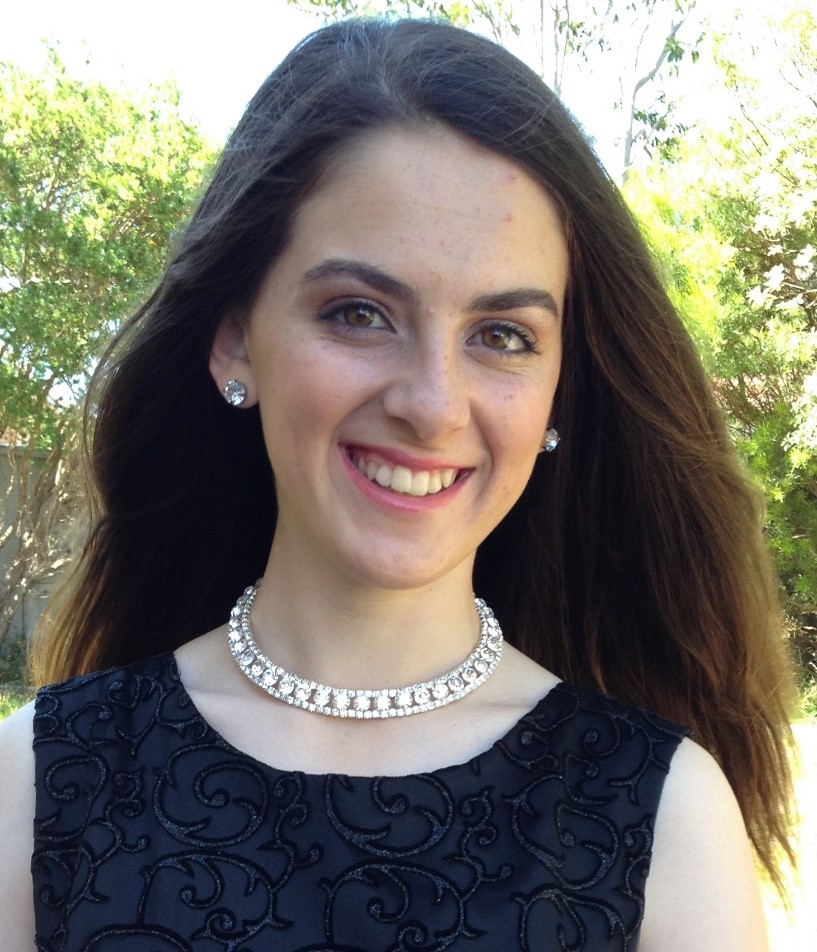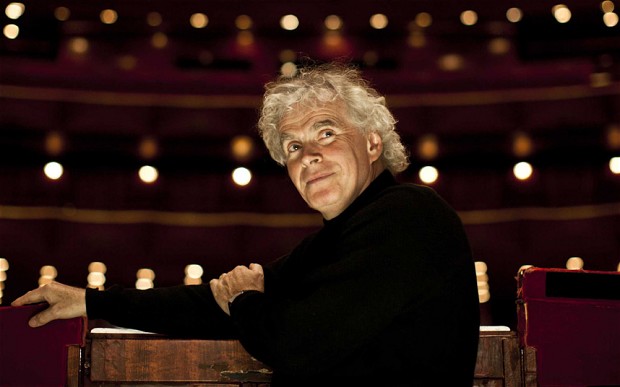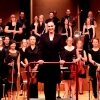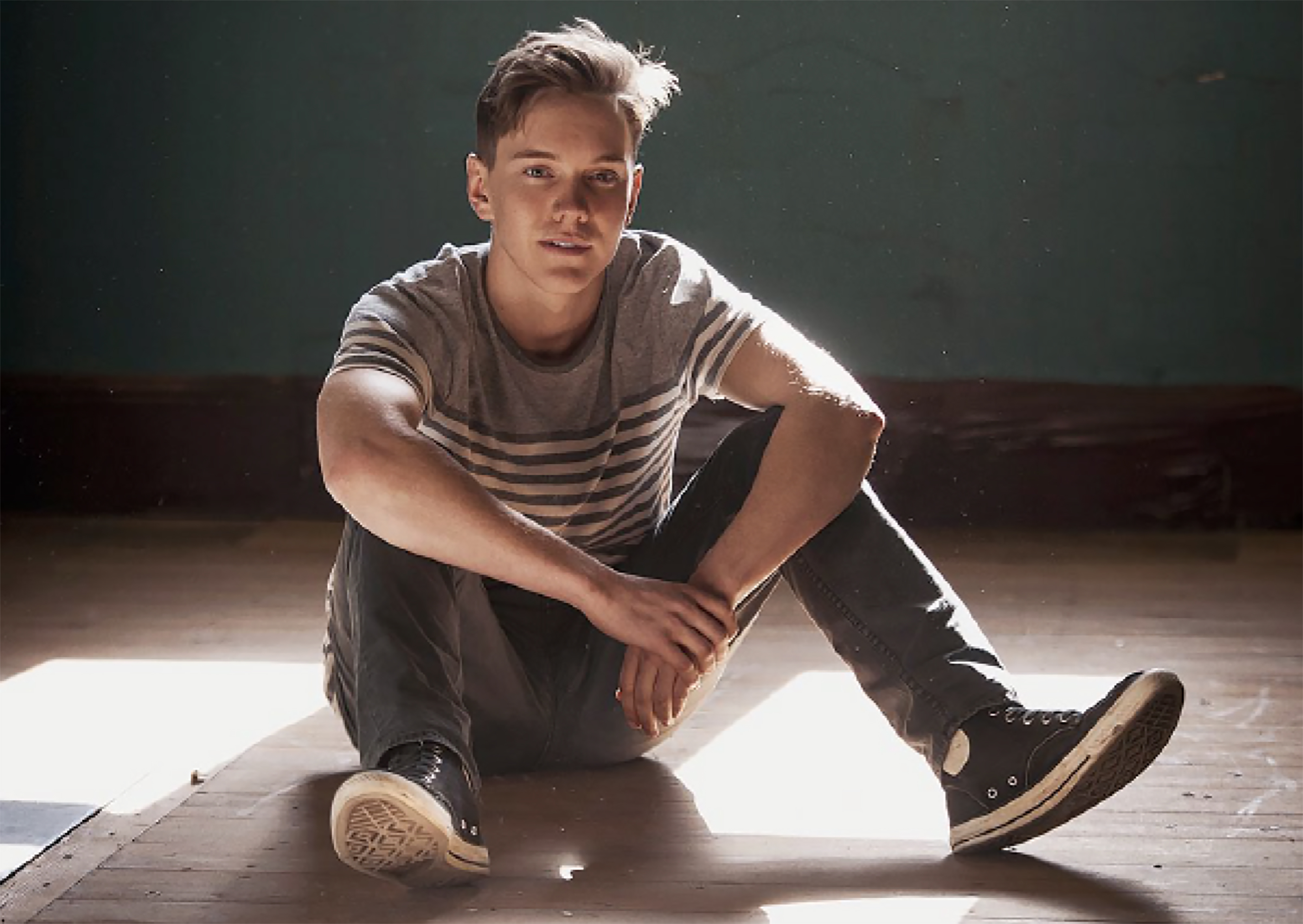Mozart’s Requiem – Adelaide Festival Opener A Hit From Aix-En-Provence
Mozart’s Requiem at the Adelaide festival 2020. All images courtesy Festival d’Aix-en-Provence 2019 © Pascal Victor
SoundsLikeSydney was in the audience for the premiere season of Romeo Castellucci’s production of Mozart’s Requiem, with superstar Australian-born soprano Siobhan Stagg, at the Aix-en-Provence Festival last year. The production was a highlight of the festival and will be the centrepiece of the Adelaide festival this year. No spoilers!
It is July 2019 and I am in Aix-en-Provence in southern France, host city to an annual cutting-edge music festival. It is oppressively hot but few excuses are needed to seek the air-conditioned calm of the many galleries which hold a treasury of permanent and travelling exhibitions. The city is dotted with tributes to Paul Cezanne, a favourite son, and the places which featured in his life.
But it is the music – Festival International d’Art Lyrique d’Aix-en-Provence, to quote its full title – that has drawn me here. Curated for the first time by French-Lebanese director, Pierre Audi who founded London’s noted Almeida Theatre. Subsequently artistic director of the Dutch National Opera, he held this post for thirty years before becoming director of the Festival in Aix-en-Provence.
I am attending several different concerts. However, it is the staged version of Mozart’s Requiem that will capture my imagination most and in time, become relevant to a broader Antipodean audience. In March 2019, it was announced that the Adelaide and ‘Aix’ Festivals would enter an “exclusive partnership to co-produce and co-commission major operatic productions with one of the world’s greatest festivals, Festival International d’Art Lyrique d’Aix-en-Provence over a three-year period.” As a result of this collaboration, it was announced later in the year, that the ‘Aix’ production of Mozart’s Requiem would be the centrepiece and curtain raiser for the 2020 Adelaide Festival. By a strange quirk of fate, I would be one of the few Australians, apart from the creative team, to see this production.
It was an inauspicious start to the evening. Earlier in the day, a torrential downpour spiked travel arrangements. A planned sunset stroll to the venue, the outdoor Théâtre de l’Archevêché, a former Archbishop’s 17th century palace, became a damp and desperate taxi ride thwarted by flash floods; a quiet pre-show drink and dinner turned into a pizza and glass of house wine eaten standing with dozens of other patrons crammed into the bistro nearby; a 10 pm start was delayed, dragging hesitantly on in fits and starts whilst weather and safety issues were canvassed. Surely it was unthinkable that it would be cancelled? There was no Plan B. Like the Adelaide Festival, its season was close to sold out.
Much to the relief of the soggy crowd, the performance eventually started an hour and half late. The sodden seats were draped in double blankets; seat numbers difficult to find in the gloom. No matter. The audience was buzzing with anticipation and the spellbinding performance that unfolded soon cast aside all discomfort.
The brainchild of award-winning Italian born director, Romeo Castellucci, who also designed the sets, costumes and lighting, the ‘Aix’ production was conducted by Raphaël Pichon, with Australian born soprano Siobhan Stagg, alto Sara Mingardo, tenor Martin Mitterrutzner and bass Luca Tittoto, joined by the chorus and orchestra of Pygmalion, an ensemble founded in 2006 by Pichon and in residence at the Opéra national de Bordeaux. In the cast there is also a dance troupe, a treble and a number of actors.
The Adelaide production will feature the same soloists, but will be conducted by Scotsman Rory Macdonald with the Adelaide Symphony Orchestra, the Adelaide Festival Chorus and members of the Adelaide Dance Theatre.
Adelaide is fortunate to have this assemblage of soloists. Their singing is exquisite and they will be familiar with the dramaturgy. Great credit is due to the chorus which executes complex dances in rhythmic contradiction to what they are singing. Naturally, there is not a score in sight.
Renowned for the richly visual content of his productions, moulded no doubt by his studies in painting and scenography at the Academy of Fine Arts in Bologna. His approach is ‘holistic’ and in his hands, Mozart’s Requiem has been transfigured into a narrative that integrates song, dance and drama into a multi-layered narrative that transcends its role as a mass for the dead, becoming instead, a celebration of life and human achievement. The storyline spans millennia, going back to primeval times which preceded religion itself. We see the passage of time, and the evolution of humans into skilled and complex communities, through geological ages, landmark works in the arts, architecture and war. Alongside the illustrations of progress there are searing pointers to the vulnerability of life and to the potential – perhaps even the inevitability of self-destruction – but is there the possibility of redemption and re-birth?
Castellucci’s on-stage drama gives a new dimension to Mozart’s music, made all the more poignant by the underlying tragedy of his brief life and the mystery surrounding the completion of this, his final work. Awesome, humbling and thought-provoking.
Shamistha de Soysa for SoundsLikeSydney©

